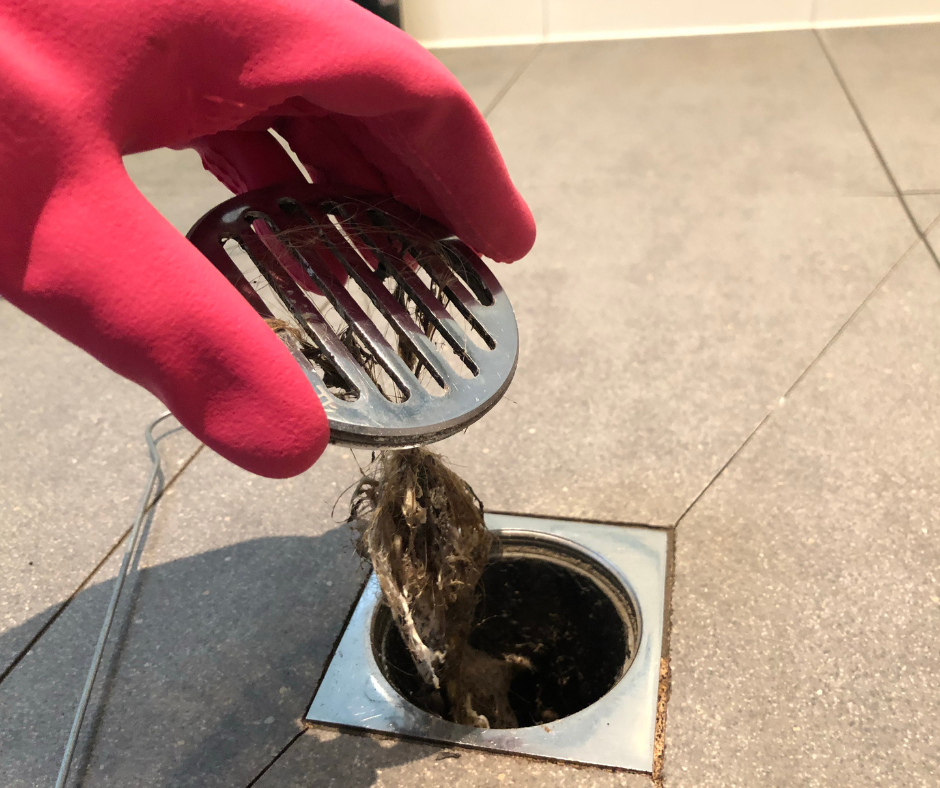Proudly Serving the Phoenix Metro Area
Why Do My Pipes Rattle?
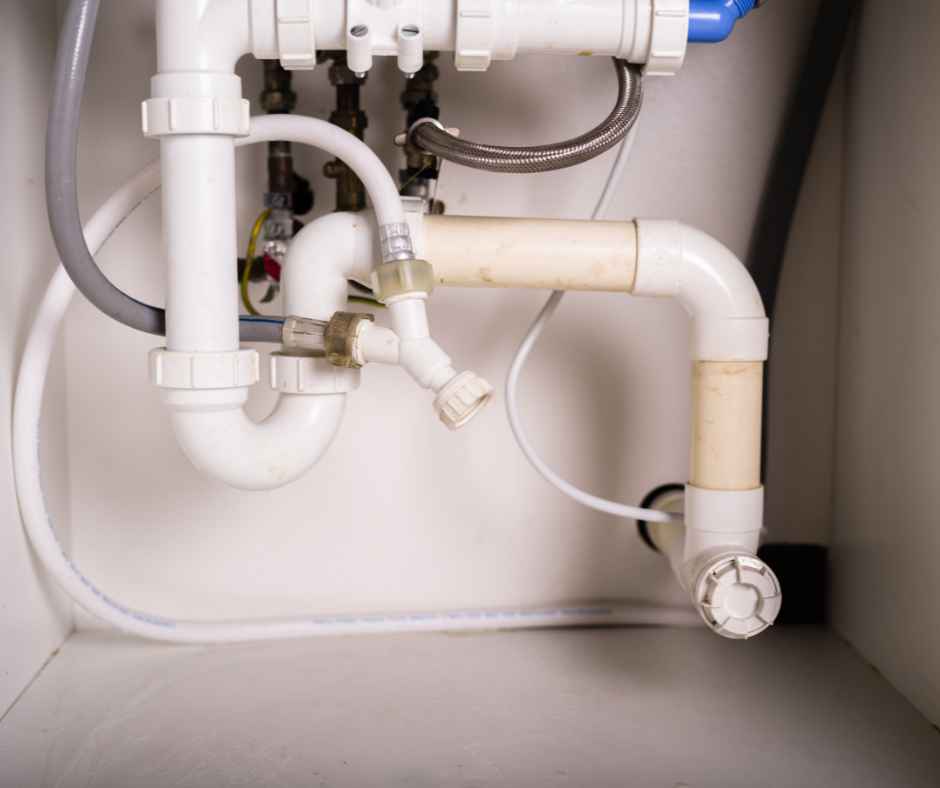
If you’ve ever heard loud banging, clanking, or vibrating sounds coming from your walls or ceiling, it’s likely your pipes are rattling. While it might seem like a harmless noise, those unsettling sounds can actually be a warning sign of plumbing issues. Rattling pipes aren’t just annoying—they could lead to leaks, water damage, or expensive repairs if left unchecked. The problem is especially common in older homes, but it can happen anywhere due to loose fittings, pressure changes, or even something called water hammer.
The good news? Understanding the causes can help you act quickly and avoid long-term damage. In this blog, we’ll cover why your pipes might be rattling, the key signs to watch for, how to fix the issue, and tips to keep your plumbing system quiet and secure.
What Causes Pipes to Rattle in a House?
When pipes rattle, it’s usually because of movement or pressure changes inside your plumbing system. This movement can result from several common issues—some relatively minor, others more serious. Understanding what’s going on behind your walls can help you catch problems early and protect your home’s plumbing.
Rattling is especially common after shutting off a faucet or when an appliance like a washing machine finishes a cycle. In many cases, the sound you’re hearing is the result of a phenomenon called water hammer, which occurs when fast-moving water suddenly stops and creates a shockwave. Other times, the issue might be as simple as pipes not being properly secured.
Top Reasons Pipes Start Rattling
- Water Hammer: A sudden stop in water flow creates a jolt that causes pipes to bang against walls or framing.
- Loose Pipe Straps or Mounts: If your pipes aren’t tightly secured, they’ll move every time water flows or stops.
- Excess Water Pressure: High pressure can shake pipes and strain joints, leading to rattling and long-term damage.
- Worn Shutoff Valves or Washers: These can vibrate during water flow, creating noise throughout the system.
- Thermal Expansion: Hot water causes pipes to expand and shift, especially if they’re tight against framing or supports.
These causes might seem small on their own, but over time they can wear out joints, loosen connections, and create opportunities for leaks.
Signs You Have a Rattling Pipe Problem
Not all plumbing issues are immediately visible—but when your pipes start making noise, your home is giving you a clear warning. Recognizing the signs of rattling pipes early can help prevent damage to your plumbing system and avoid costly repairs down the road.
Some of these signs can occur randomly, while others might follow a specific action—like flushing the toilet or running the dishwasher. Either way, if something sounds off, it’s worth investigating.
Common Signs Your Pipes Are Rattling
- Loud Banging or Knocking Sounds: Especially noticeable when water flow is suddenly turned off.
- Rattling During Appliance Use: You may hear pipes vibrate when your washing machine, dishwasher, or sprinkler system cycles on or off.
- Wall or Floor Vibrations: The rattling can travel through your framing and be felt underfoot or near walls.
- Irregular Water Pressure: Sudden drops or bursts in pressure may accompany the rattling.
- Faucet Sputtering: Air or inconsistent water flow can indicate movement or loose connections.
- Increased Noise at Night: Pressure buildup from lower water use can cause pipes to rattle more when the house is quiet.
Why These Sounds Happen
- Water Hammer: One of the most common causes—when valves close too quickly, water slams into the piping.
- Unsecured Pipes: Pipes shift and hit framing if they aren’t fastened tightly with proper hangers or brackets.
- High Pressure: Excessive PSI in your plumbing forces pipes to move or vibrate.
- Aging Components: Loose washers or valves inside old fixtures can cause vibration and noise.
- Thermal Expansion: As water heats, pipes expand and may rub or knock against nearby surfaces.
If you’re noticing one or more of these symptoms regularly, it’s time to consider next steps to fix the issue.
How to Fix Rattling Pipes in Your Home
Rattling pipes aren’t just disruptive—they’re also a red flag for potential plumbing issues that could grow worse over time. Fortunately, there are several effective solutions, from quick DIY fixes to professional-level repairs. The key is knowing what you can handle safely and when to bring in an expert.
DIY Fixes for Rattling Pipes
If the issue is minor, you may be able to quiet your plumbing with a few simple adjustments:
- Install Water Hammer Arrestors: These devices absorb the shock from sudden water stoppage and prevent banging.
- Secure Loose Pipes: Use pipe straps or brackets to fasten unsecured sections, especially in basements or crawlspaces.
- Add Pipe Insulation: Foam pipe sleeves help cushion movement and reduce contact with framing.
- Lower the Water Pressure: If pressure is too high, a pressure-reducing valve (PRV) can bring it down to a safe level (ideally 40–60 PSI).
- Check Accessible Valves and Washers: Replacing worn-out components can stop vibrations at the source.
These fixes can make a noticeable difference, especially in newer homes or systems with minor wear and tear.
When to Call a Professional Plumber
Some pipe rattling issues are too complex or hidden to tackle on your own. Call in the pros from Plumbing Masters if you notice:
- Persistent Noises Despite DIY Fixes: If the rattling returns after attempted solutions, there may be a deeper issue.
- Signs of Water Leaks: Moisture on walls or ceilings near noisy areas needs immediate attention.
- Difficult Access Points: Pipes behind walls, ceilings, or flooring should only be addressed by professionals.
- Old or Outdated Plumbing: Systems over 20 years old may require upgrades or more intensive repairs.
- System-Wide Pressure Issues: If multiple fixtures are affected, your home may need a full inspection and adjustment.
Professional plumbers have the tools and expertise to diagnose the exact cause and ensure lasting repairs—without risking damage to your home.
How to Prevent Pipes From Rattling in the Future
Once you’ve addressed noisy plumbing, the next step is keeping it quiet. Preventing pipes from rattling comes down to a mix of routine maintenance and a few smart upgrades. These steps not only help eliminate future noise—they also protect your system from wear and tear.
Simple Tips to Prevent Rattling Pipes
- Schedule Routine Plumbing Inspections: A professional can catch loose fittings, high pressure, or signs of early damage before they become serious.
- Monitor Water Pressure: Keep pressure within the recommended 40–60 PSI range using a pressure gauge or regulator.
- Use Quality Pipe Hangers: Secure pipes with cushioned or padded hangers to minimize movement and vibration.
- Install Water Hammer Arrestors: If you haven’t already, adding these devices can eliminate sudden jolts in your system.
- Insulate Pipes: Especially for hot water lines, insulation reduces expansion noises and protects against temperature fluctuations.
- Replace Worn or Noisy Valves: Aging components are more likely to vibrate, so replace them with modern, quiet alternatives.
- Keep Pipes Accessible: If you renovate or add onto your home, avoid boxing in pipes completely. Accessible plumbing is easier to maintain.
By taking a proactive approach, you’ll save yourself the hassle of noisy pipes—and possibly prevent water damage down the line.
Wrap-Up: Don’t Let Rattling Pipes Disrupt Your Home
Rattling pipes are more than just an irritating noise—they’re a sign that your plumbing system may be under stress. Whether it’s caused by water hammer, loose fittings, or high water pressure, ignoring these sounds can lead to bigger, more expensive problems down the road. Fortunately, with the right knowledge and a few preventative steps, you can keep your plumbing system running smoothly and silently.
From DIY fixes like pipe insulation and water pressure adjustment to professional solutions like water hammer arrestors and system-wide inspections, there are clear steps you can take to protect your home. And if you’re not sure where the noise is coming from or what’s causing it, it’s always smart to call in the experts.
Plumbing Masters is here to help you quiet those rattling pipes and keep your system in top shape. Schedule a plumbing inspection or service today and enjoy peace of mind—and peace and quiet—in your home.
Recent News
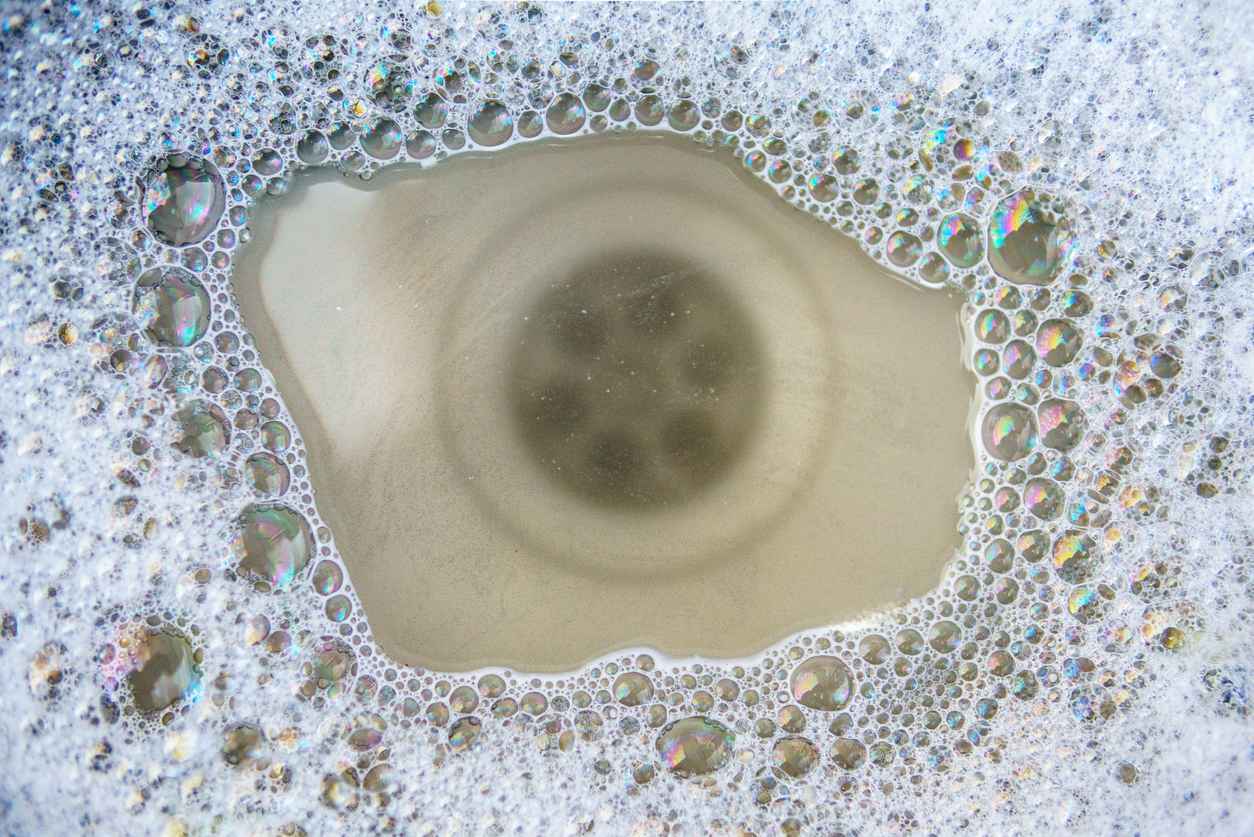
Hydro Jetting vs. Traditional Drain Cleaning: Which Is Worth It for Phoenix Clogs?
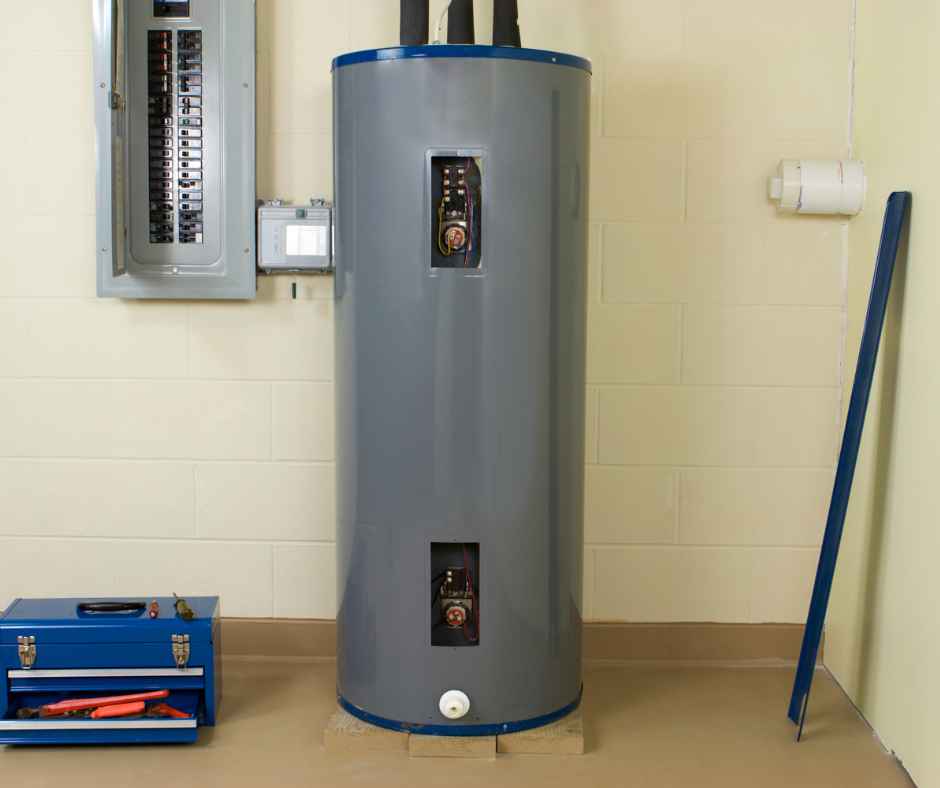
Water Heater Wars: Gas vs. Electric vs. Tankless in the Phoenix Heat
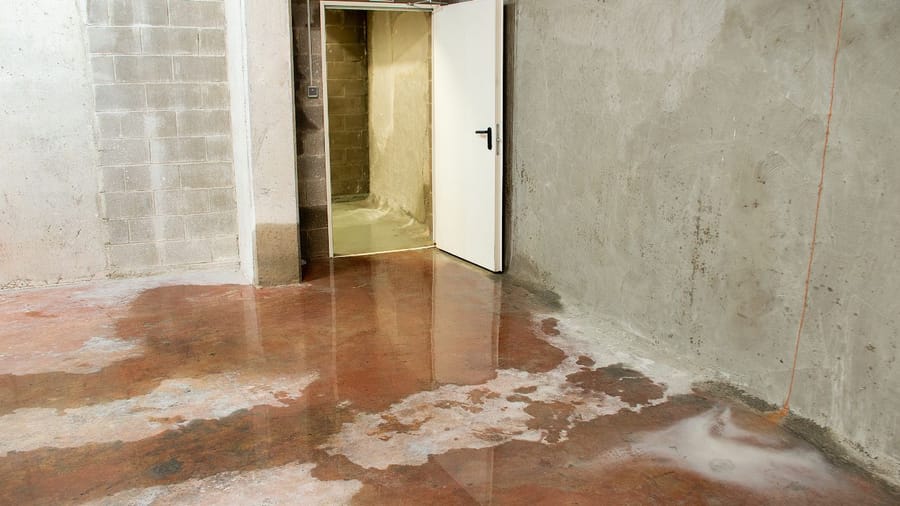
Backflow Prevention 101: Protect Your Family & Save on Repairs
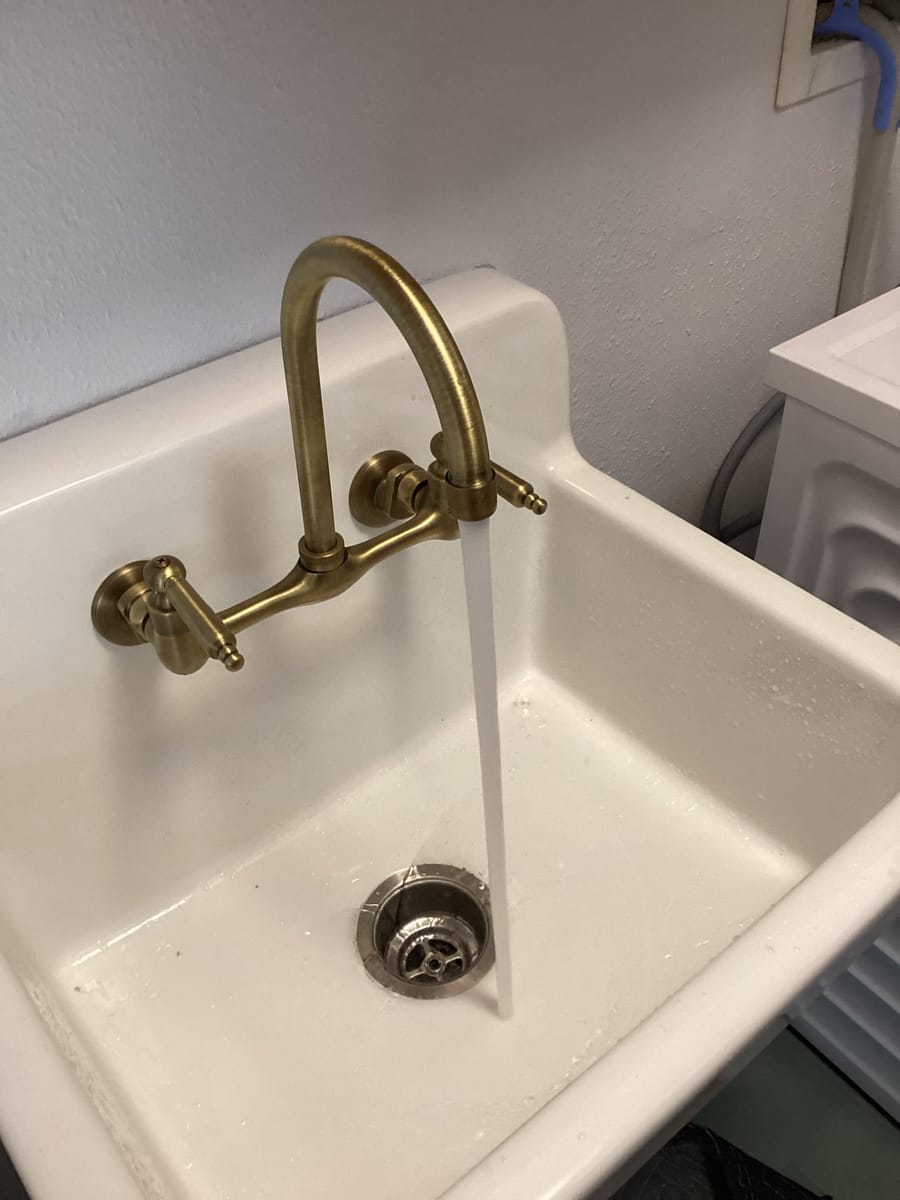
Water Quality in Phoenix: Testing, Filtration & Softeners Explained
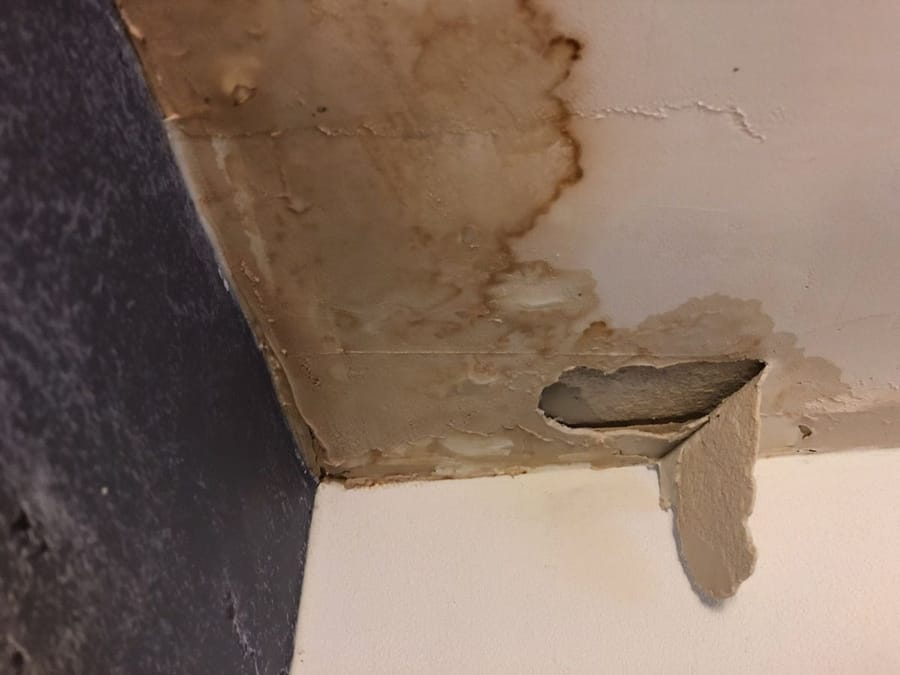
Arizona Summer Plumbing Survival Guide
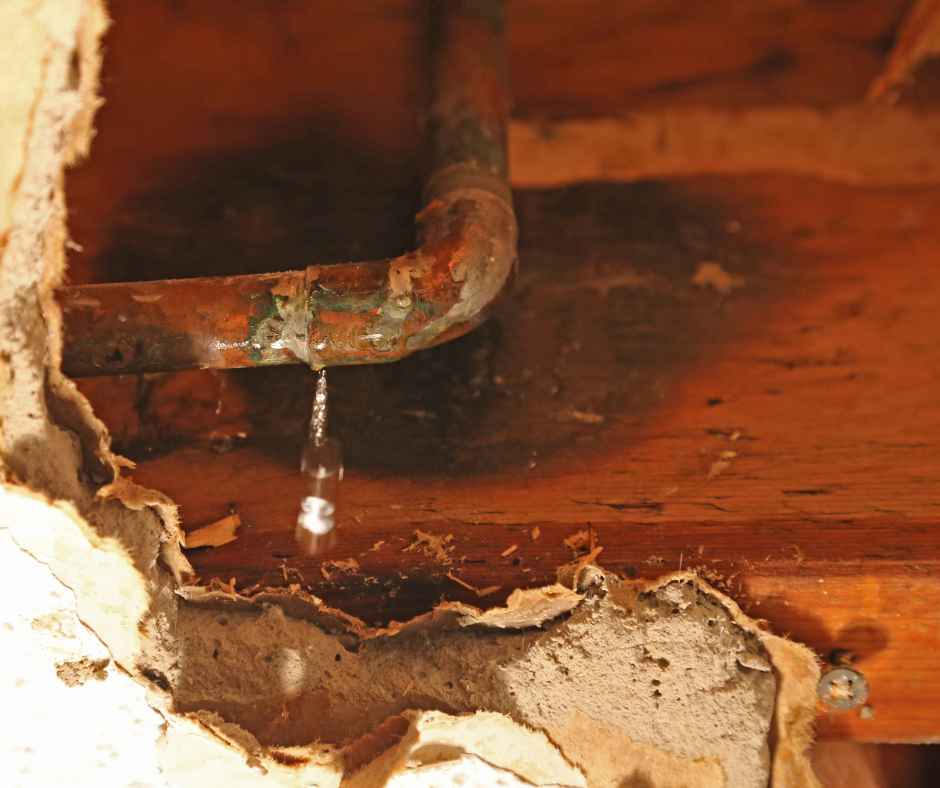
Signs of a Plumbing Leak
